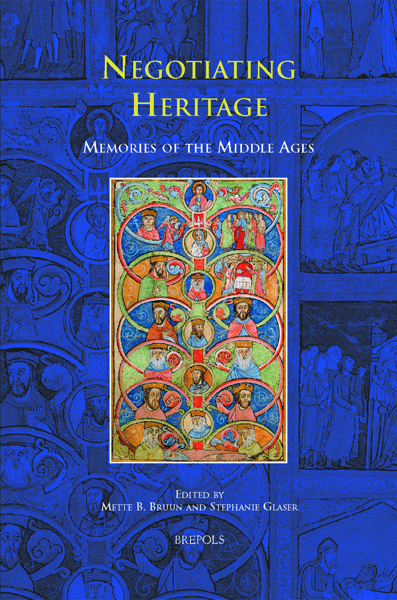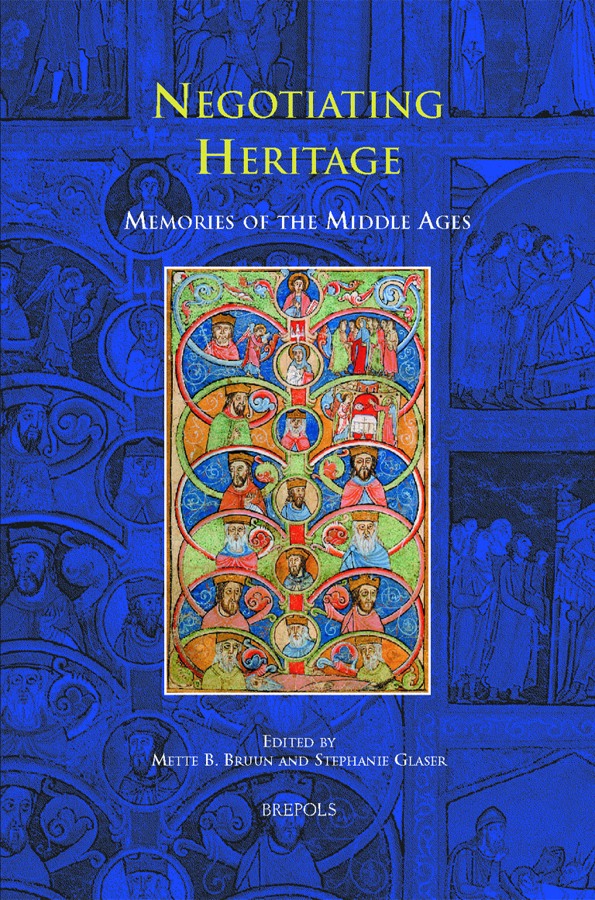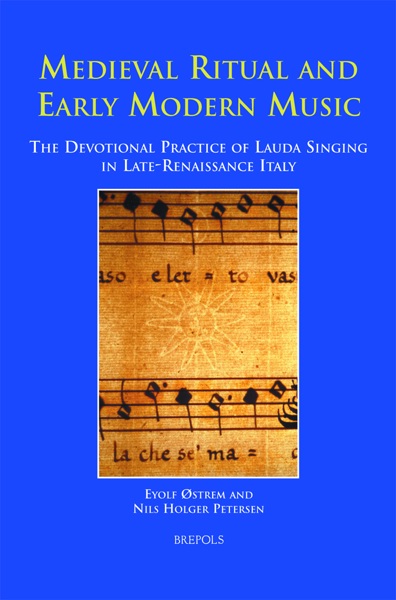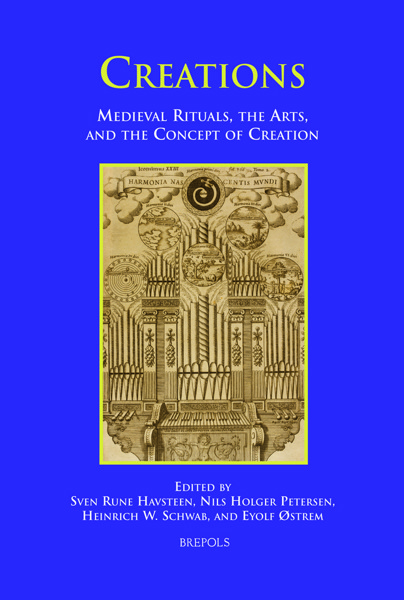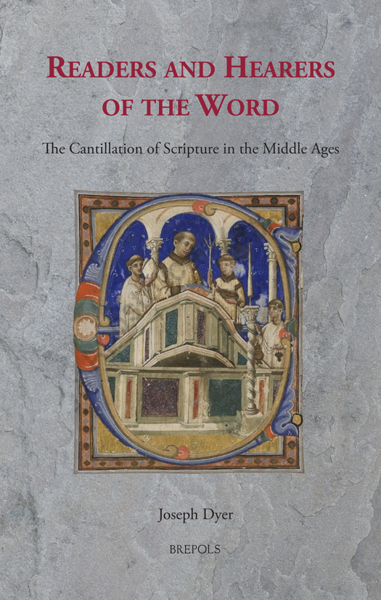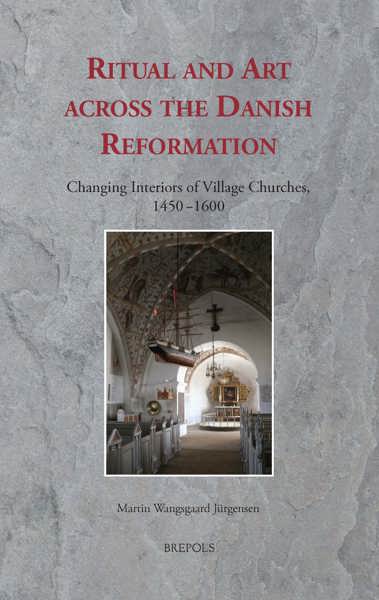
- Pages: 396 p.
- Size:160 x 240 mm
- Illustrations:42 b/w, 5 col., 4 tables b/w.
- Language(s):English, Latin, German
- Publication Year:2009
- € 55,00 EXCL. VAT RETAIL PRICE
- ISBN: 978-2-503-52794-9
- Hardback
- Available
- € 55,00 EXCL. VAT RETAIL PRICE
- ISBN: 978-2-503-53835-8
- E-book
- Available
"Grâce à une interdisciplinaritéde bon aloi, il permet de tisser des ponts entre des domaines de recherchesdifférents qui, une fois rapprochés, révèlent d’étonnantes similitudes, sources, à n’en pas douter, de réflexions fécondes." (Jonathan Dumont, dans Le Moyen Âge 115, 2009, p. 649)
"Ce luxueux volume de 396 pages offre au lecteur une impressionnante présentation interdisciplinaire de textes religieux et culturels du Moyen Âge et d'études ultérieures qui évoquent les caractéristiques de l'héritage culturel de l'Occident." (P. Lebeau, dans: Nouvelle revue théologique, 132/4, 2010, p. 659)
The overall focus of this interdisciplinary volume is memory: medieval conceptions of memory, resonances of the Middle Ages in later periods, and memory as a heuristic methodological device. Through tokens or other vestiges of the past – the physical memorial of a tomb, the ritualized retention of past acts or structures, the reverberations of a doctrinal, literary, musical, or iconographic topos, or the symbolic reminiscences of a past ideal – memory acts as the manifestation of something absent. This anthology studies such tokens in a way that provides a fruitful new perspective for the field of research into memory, and explores the methodological dimension of issues of heritage, genealogy, and tradition. Furthermore, Negotiating Heritage also probes the reception and construction of the Middle Ages in later periods, exploring the shifting territory of the meaning of the medieval itself. In its movement between medievalism and the medieval period, Negotiating Heritage is an important and scholarly contribution to both established and emerging trends in critical thought.
Introduction: Mette B. Bruun and Stephanie A. Glaser
Authority and Heritage
Introduction
The Wilderness as ‘lieu de mémoire’: Literary Deserts of Cîteaux and La Trappe: Mette B. Bruun
Medieval ‘Virtuosity’: Classroom Practice and the Transfer of Charismatic Power in Medieval Scholarly Culture c. 1000–1230: Mia Münster Swendsen
Lachrymose Eloquence: Hebrew Heritage and Roman Rhetoric in Gilbert the Universal’s Gloss on Lamentations: Alexander Andrée
From Reference to Deferment: Ekphrasis, Authority, and Fiction in Chrétien de Troyes: Jørgen Bruhn
Fame, Memory, and Literary Legacy: Jorge Manrique and the ‘Coplas por la muerte de su padre’: Kirstin Kennedy
Ritual Commemoration
Introduction
Founding a Memory: The Legitimation of ‘Memoria’ Foundations in Flanders c. 1100–1350 (Lille, SaintOmer, and Bruges): Stijn Bossuyt
Eternal Town Servants: Civic Elections and the Stuppeny Tombs of New Romney and Lydd: Sheila Sweetinburgh
Ritualizing Heritage: Jason and the Argonauts at the Burgundian Feast of the Pheasant (1454): Arjo Vanderjagt
The Ceremonial in the Estates General of France: Martin Gosman
Memory and Oblivion
Introduction
Bernard of Clairvaux’s School of Oblivion: Wim Verbaal
Devotion and the Present: Memory and Oblivion: M. B. Pranger
Artistic Negotiations with the Medieval Heritage
Introduction
Spolia as Architectural Memory: A Ritualized Integration of the Past into the Present: Jens Fleischer
Ambiguity and the Fullness of Time: The Sacred and the Profane in Caravaggio’s Paintings: Svein Aage Christoffersen
Emil Nolde’s ‘The Last Supper’: An Interpretation in Light of the History of Iconography: Ettore Rocca
‘The Lord enlighten our children that they may know the Way that leads to Prosperity’: The Seven Deadly Sins, AD 1933: Magnar Breivik
Truth and Representation: The Medieval Good Friday Reproaches and Modern Music: NILS Holger Petersen
Transnational Medieval Utopias: Ananya Jahanara Kabir
